Shift
When Shift was released, it stood out to me right away. To understand the game better, I followed these steps:
> I researched the title, "Shift", and tried to understand its meaning;
> I researched the game and tried to understand what its name meant in the context of the game.
By definition, "shift" is a verb that means:
> to move or cause to move from one place to another, especially over a small distance and
> change the emphasis, direction, or focus of.
Now that I understood what it meant, I needed to understand the game. By studying it, I realized right away that the definition that best fits is the second: change the emphasis, direction, or focus of.
In Shift, each action requires you to change your direction or focus in the sense that you need to set up everything before you attack, use a strategy, or even defend yourself. After all, this game is a battle!
Now that this question is answered, let's dive right into Shift! Are you ready?
Game Info
Shift is a game best played with 2 players, for ages 13 and up, by designer Samuel Strick, who, by the way, also illustrated it.
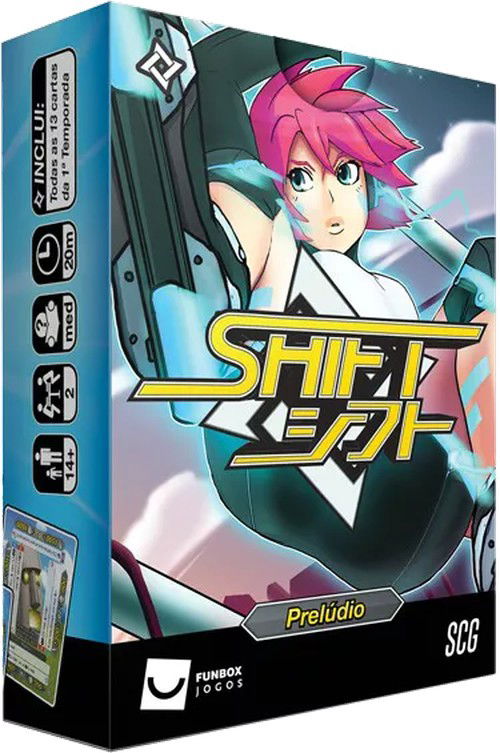
Released in 2013 by Laboratory Games, Shift was released worldwide in that same year. Its main mechanics are campaigns and card-based battles.
Let's dive right in!
The Game
Shift is a battle game with an "anime" aesthetic, and is very immersive. Its characters have a name, gender, history, likes and dislikes, as well as individual abilities, stats, and modifiers.
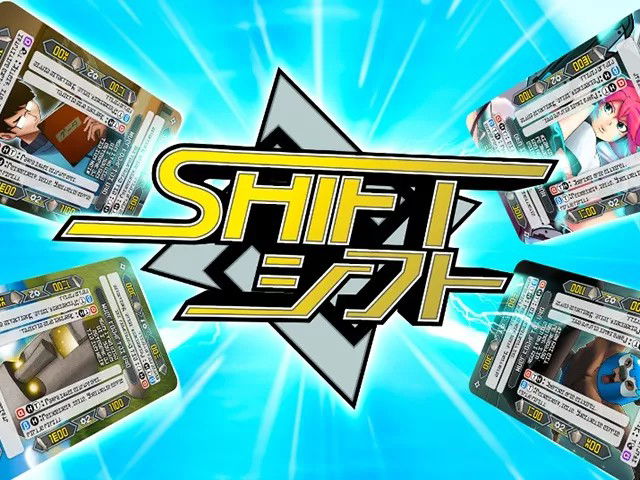
The concept of this game is simple: 2 characters will duel and you, as a war strategist, will control your character and make the best decisions according to how your opponent acts. Or, occasionally, you'll play first and dictate how the fight develops.
Players start the game by picking their respective Character cards. Then, they get their 5 face-up Spirit tokens (lit), which indicate both how much damage they take and how much damage they deal, and share a coin flip die. Keep in mind that both the die and the cards include the initials "H" and "T", for heads and tails, respectively.
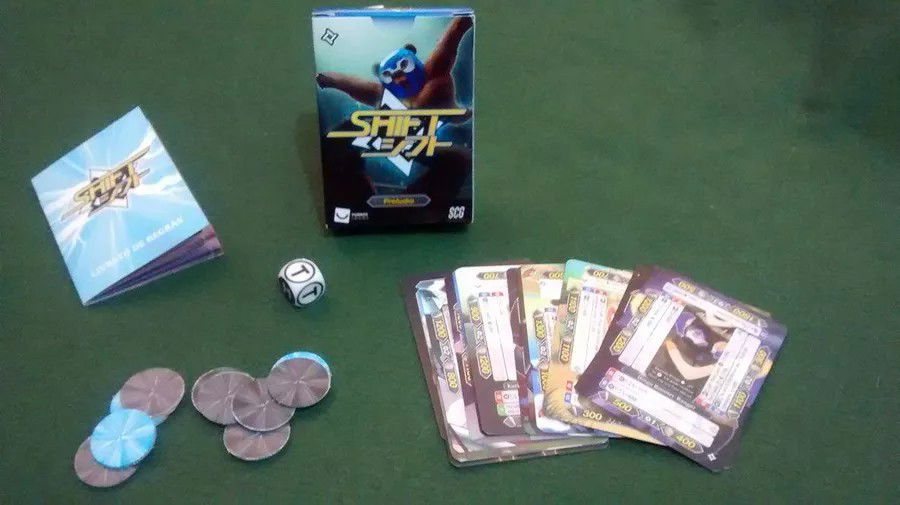
Before we discuss anything else, we need to understand two important concepts:
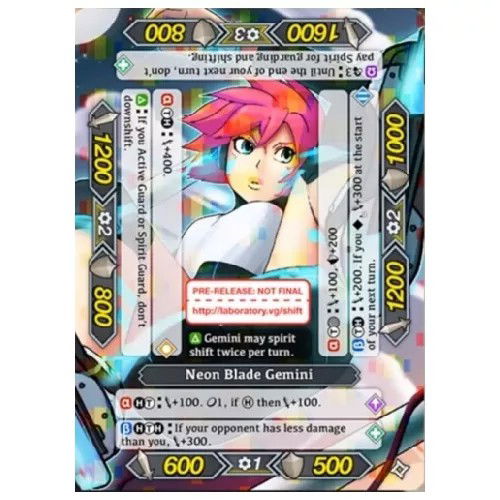
Shift's iconography is very clear, which is very helpful. The image below shows each icon:
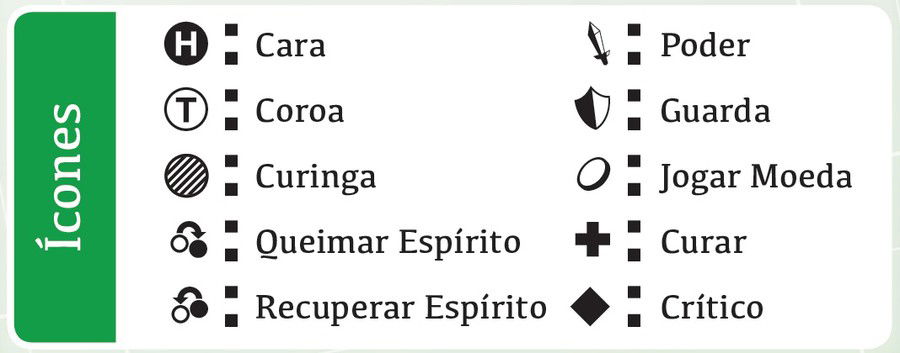
Each turn is simple and has three or four phases, depending on what you choose:
At the Start phase, you'll remove modifier abilities and effects, unless the card states otherwise. You can then Spirit Shift by Shifting a lit Spirit token face down and still attack on the same turn. Otherwise, move on to the next phase.
In the Shift phase, you can Shift a card to change Gears and thus skip the Attack phase. Because you chose to change Gears, and, consequently, improve your attack or defense, besides modifiers, you need to skip the Attack phase. However, if you just Spirit Shifted during the Start phase, you can still attack.

Time to attack! In the Attack phase, if you didn't Shift or if you only Spirit Shifted, it's time for the most important and basic action in the game: facing your opponent. This attack, in turn, includes 7 sub phases:

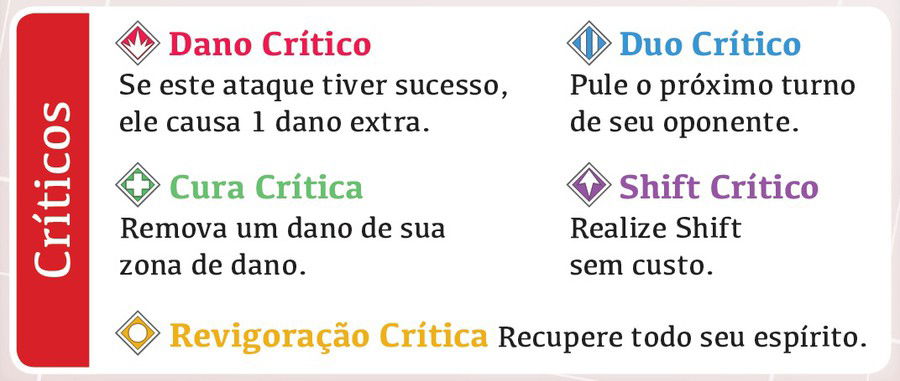
Now, you only need to go through the End phase. If you didn't Spirit Shift in the Start phase, you can do it now. Unless a card refers to the End phase or the end of your turn, nothing else happens in this part.
Afterward, it's your opponent's turn.
End of the Match
As this game is a duel with only 5 Spirit damage tokens, if you attack your opponent, deal damage, and they already have 5 tokens, you'll win because they'll have taken six damage!
Strategy and Tips
Shift is a strategy game. Using your character's abilities and picking the right time to attack or shift is crucial.
The first and most important decision is: do you attack, improve your stats by shifting, or do both at the same time? Yeah, this game very much hits the ground running. I highly recommend you keep an eye on your opponent; analyze their tokens and which Gear they're using, so you can decide what to do.
Your character's ability is vital and can definitely affect your decision. They often decide the outcome of an attack or defense.
If you decide to attack, attack modifiers are critical, and you'll also need to decide which ones to use. You can use Alpha, Beta, or Omega when you attack, so choose wisely after you analyze which one will bring you more benefits.
You can't pick the Delta modifier when you attack, but it activates automatically when you're using a Gear with it. Please note: Deltas activate on your opponent's turn. Keep that in mind!
Activating crits definitely requires a bit of luck, but they are worth it. At certain moments, you might need to take damage to get lit Spirit tokens, which let you Spirit Shift and activate modifiers. The key is to manage this resource well.
Unboxing, Rules, and Gameplay Videos
Check out this unboxing:
Learn the rules:
Watch some gameplay:
Teaching Moments
If you want to work on your strategies, Shift is definitely the game for you!
Sun Tzu would love this game. You'll need a strategy for everything: to pick the right time to catch your opponent by surprise and attack, simply wait, or improve your stats.
This game will constantly put your decision-making skills to the test and force you to improvise on the spot, which requires your full attention. You'll also need to refine your strategy turn after turn.
When you pick your attack modifier, try to analyze your decision and its results. It'll be a lot of fun, and you'll learn a lot from it, too.
Shift is a fun lesson in strategy.
I highly recommend Shift to your collection!









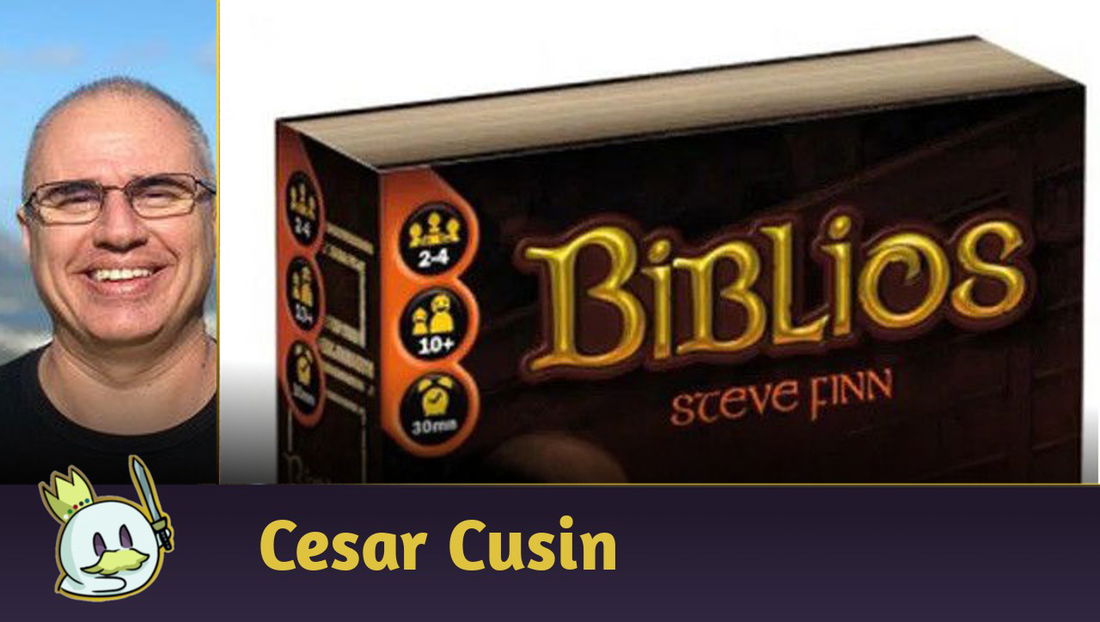




— 코멘트 0
, 반응 1
첫 댓글을 남겨보세요